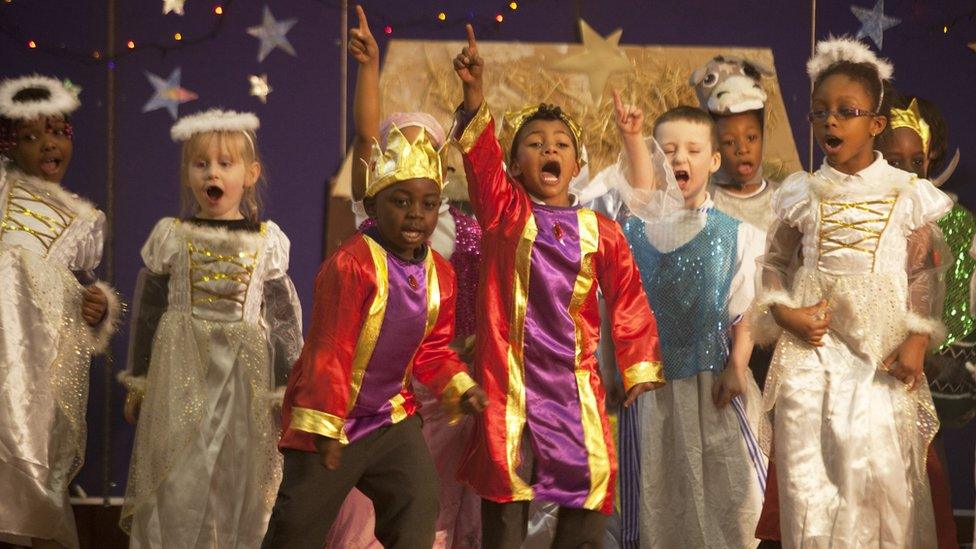General election 2019: Who can vote?
- Published
- comments
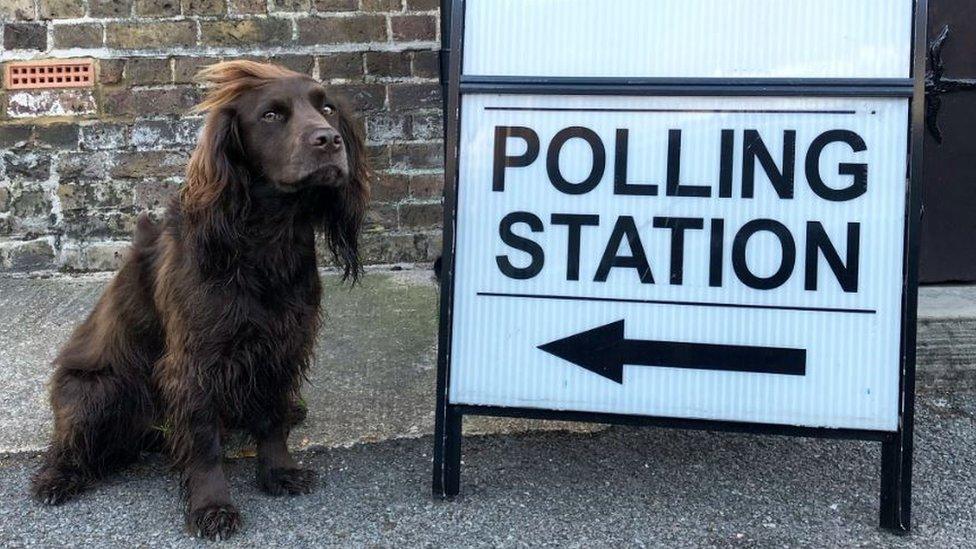
In case you hadn't heard, there's going to be a general election soon.
The deadline to register to vote is just before midnight on 26 November for most people who are 18 and over.
That means they can get a say in who is in charge of running the country.
If people don't register, then they can't vote. But how does it work?

Who can vote?
In order to vote, you have to be 18 or over, but there's also some other things you need.
You've got to be a British citizen, a qualifying Commonwealth citizen or a Republic of Ireland citizen.
You've also got to be a resident at a UK address or be a UK citizen living abroad who has been registered in the last 15 years.
People who are in prison aren't allowed to vote, if you're under 18 you can't either, although this has been a topic of debate recently, as many people have been campaigning for the age barrier to be reduced to 16.
Members of the House of Lords aren't allowed and nor is the Queen and members of the royal family as they have to be politically neutral.
Watch our guide on what happens on polling day here.
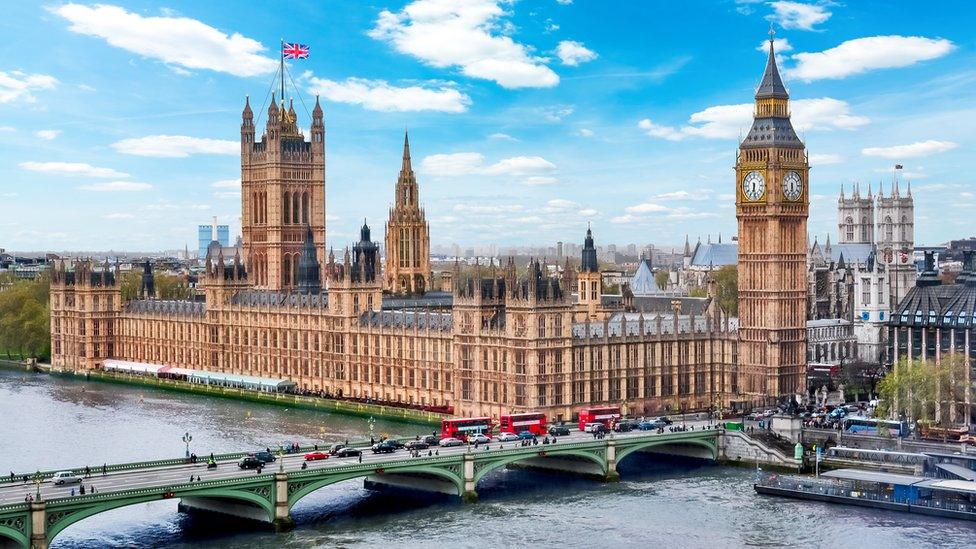
How do people register?
People can register through the government's website.
For people in Northern Ireland it is too late, the deadline there was 21 November.
But there's still time for applications for postal votes in the rest of the UK which have to be in by 5pm on 26 November and for proxy votes by the same time on 4 December.
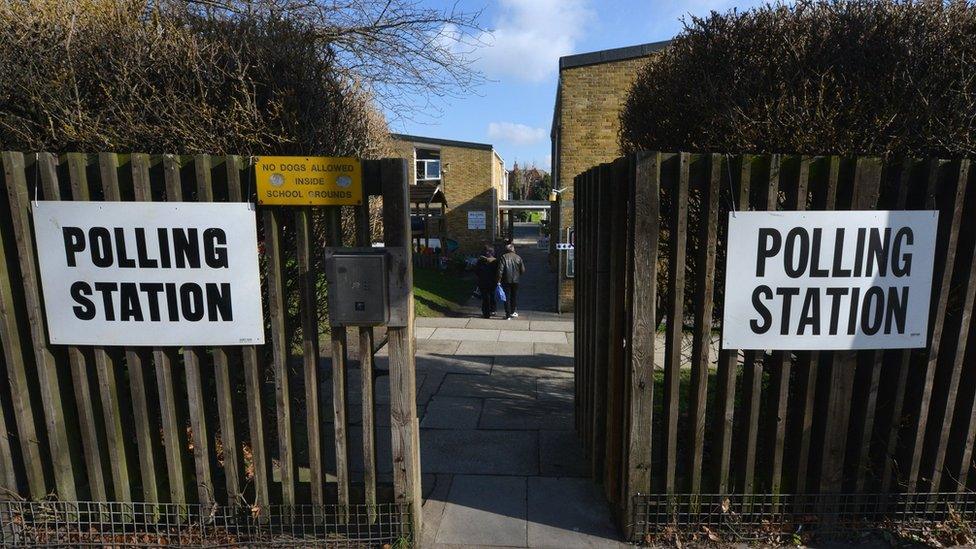
Sometimes schools are used as polling stations
Why is it important to register?
If people don't register, then they can't vote, which means they can't get a say in who runs the country.
According to the office for National Statistics there are about 45.8 million people who are registered to vote.
Its research suggests that young people between the ages of 18 and 34 are less likely to be registered to vote.
One in three weren't registered on the electoral roll in September 2019.
- Published27 November 2019
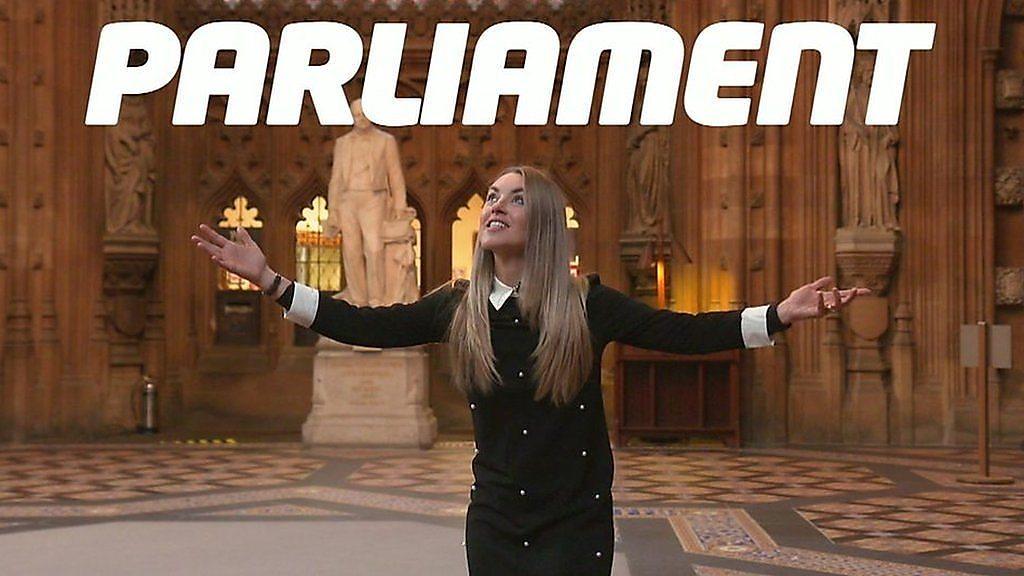
- Published31 October 2019
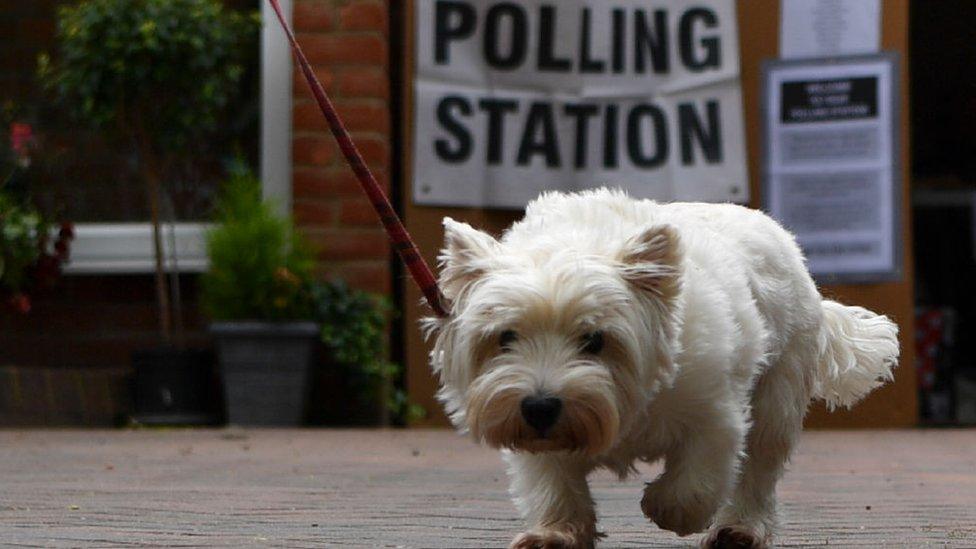
- Published4 November 2019
